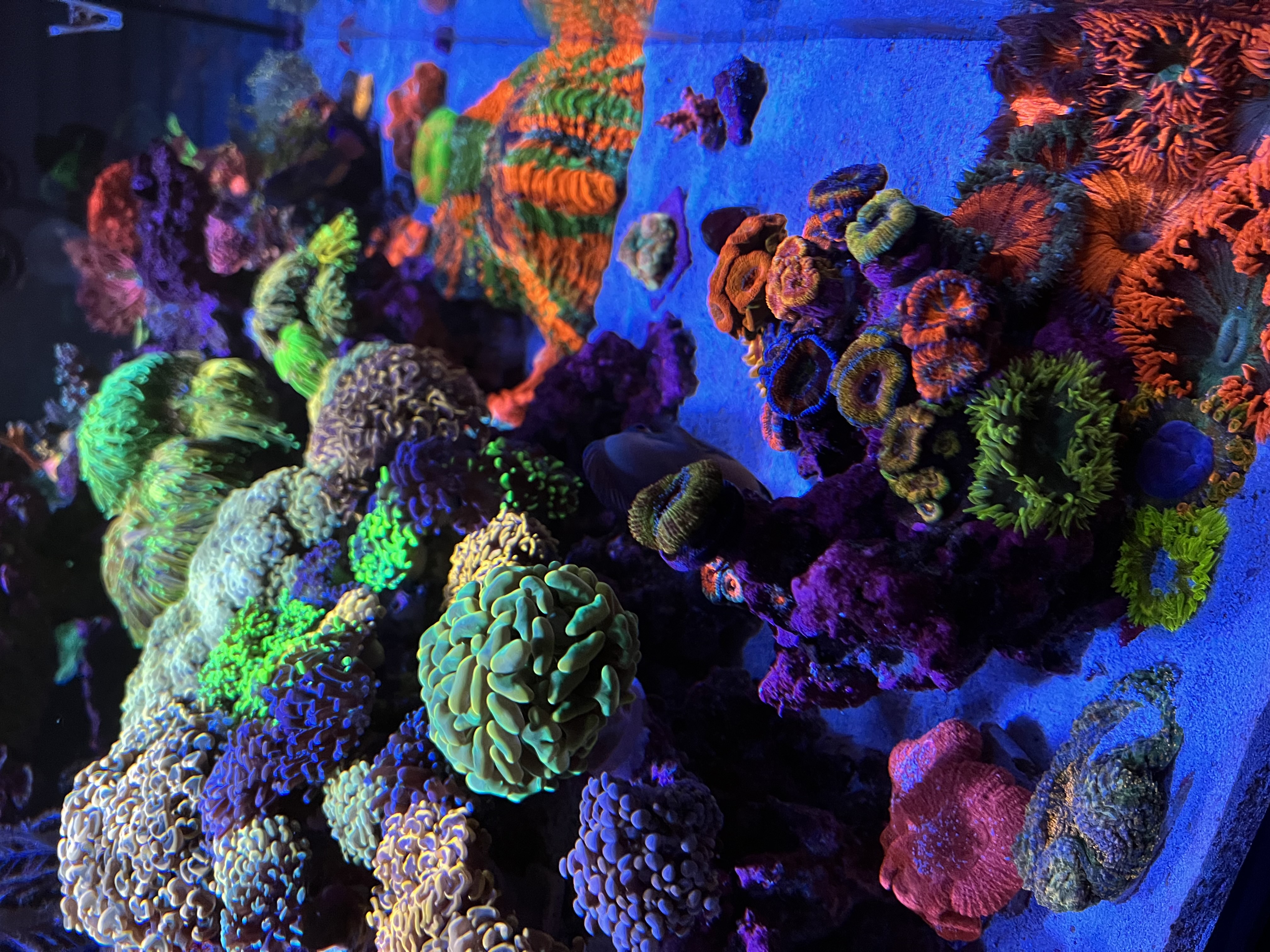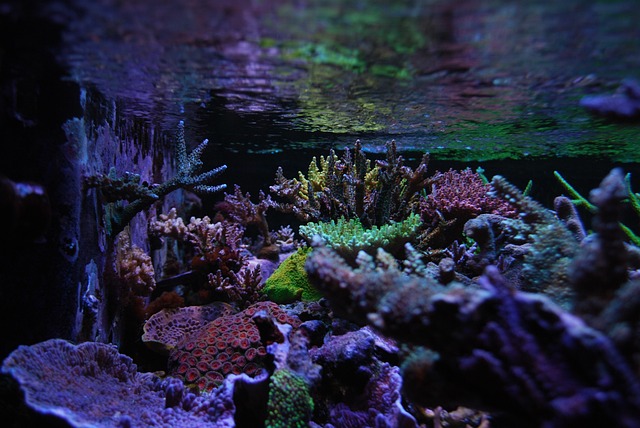Extreme Corals News and Updates
The Vital Role of Water Quality Testing in Reef Tanks for Healthy Coral Life
Preserving Underwater Splendor: The Imperative of Water Quality Testing for Vibrant Reef Tank Corals
Discover the importance of water quality testing for thriving reef tank corals. Learn key parameters, testing methods, and preservation techniques
by scott Shiles • December 14, 2023
All Corals, Reef Tank Maintenance

The world beneath the ocean's surface holds an otherworldly beauty, captivating enthusiasts and researchers alike. Within the realm of marine enthusiasts, maintaining a reef tank is a testament to recrea
ting this mesmerizing aquatic ecosystem. At the heart of this delicate environment lies the cornerstone of success: pristine water quality. Nowhere is this more critical than in the care of live corals, where the balance of elements in the water becomes a lifeline for their survival and flourishing growth.
Live corals are the jewel-like inhabitants that transform a reef tank into a breathtaking, thriving microcosm of the ocean. These magnificent creatures are not just visually stunning; they're also incredibly sensitive to their surroundings. Unlike fish, corals rely heavily on the composition of the water they inhabit. Any fluctuations or imbalances in water parameters can profoundly impact their health and, in severe cases, lead to their demise.
Testing the water in a reef tank is a fundamental and ongoing practice for any responsible aquarium keeper. It involves assessing various parameters crucial for the well-being of corals, such as pH levels, temperature, salinity, ammonia, nitrites, nitrates, calcium, magnesium, alkalinity, and phosphate levels. Each of these elements plays a distinct role in the overall health and growth of corals.
pH Levels
pH levels indicate the acidity or alkalinity of the water. For corals, maintaining a stable pH within the recommended range is crucial, as extreme fluctuations can stress or harm these delicate organisms.
Salinity
Salinity, measured in parts per thousand (ppt), refers to the concentration of dissolved salts in the water. Corals are highly sensitive to changes in salinity, and deviations from optimal levels can impact their ability to absorb vital nutrients and minerals.
Nitrogen Compounds
Ammonia, nitrites, and nitrates are nitrogen compounds that, in high concentrations, are toxic to corals. Regular testing ensures that these compounds remain at safe levels, preventing harm to the delicate coral polyps.
Calcium and Magnesium
Calcium and magnesium are essential for the growth and skeletal development of corals. Maintaining appropriate levels of these elements is vital for the formation and maintenance of coral skeletons, contributing to their overall health and resilience.
Alkalinity
Alkalinity and phosphate levels are also critical factors. Proper alkalinity supports the coral's ability to grow and calcify its skeleton, while controlling phosphate levels prevents the overgrowth of algae, which can compete with corals for space and resources.
A well-maintained reef tank with optimal water quality fosters the growth of vibrant, colorful corals, promoting their resilience against diseases and environmental stressors. Regular water testing, typically performed weekly or bi-weekly, enables aquarists to identify any deviations from ideal parameters promptly. Adjustments can then be made through water changes, the use of specialized additives, or equipment modifications to restore the balance and safeguard the coral's well-being.
The importance of meticulous water quality testing in reef tanks cannot be overstated when it comes to nurturing healthy and thriving corals. For aquarists dedicated to preserving these mesmerizing marine ecosystems within their homes or public aquariums, maintaining optimal water conditions is not just a duty but a commitment to upholding the splendor and vitality of these delicate underwater gardens. Through consistent vigilance and care, the captivating beauty of live corals can be preserved for generations to come.

